detail profile sylvie winter

Riwayat Hidup
Sylvie Winter was born on 12 August 1945 in Teplice-Sanov, Czechoslovakia [now Teplice, Czech Republic ].
In May 1969, Sylvie Winter, who had long been accustomed to cameras, stepped in front of a film camera for the first time when she played the second female lead role of Luba in Thomas Schamoni's production of A Large Grey-Blue Bird .
The lead role was played by Klaus Lemke , whose "muse" and temporary partner Winter would become at the beginning of the new decade.
In 1971 he gave her the female lead role in his production Love, as Beautiful as Love and two years later cast her in the film quasi-portrait Sylvie , in which she plays herself as a sought-after jet-set model.
[1] Just one year later, in 1974, Sylvie Winter, exhausted by the hype surrounding her, turned away from acting completely and left Germany.
Info Pribadi
Peran Yang Di Mainkan Sylvie Winter
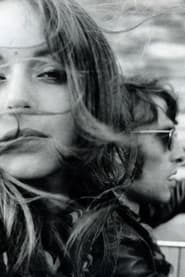 A spirit of optimism structural change...
A spirit of optimism structural change...Champagner für die Augen - Gift für den Rest 2022
A spirit of optimism, structural change, emancipation: by showing excerpts from his films such as LIEBE, SO SCHÖN WIEBE (1971), SYLVIE (1973), IDOLE (1976) and AMORE (1978), Klaus Lemke tells his story of the decade, now half a century ago, that was so formative for Munich, with sentences such as: "Back then, we all thought life was eating out of our hands, then in the '80s we became fodder ourselves."
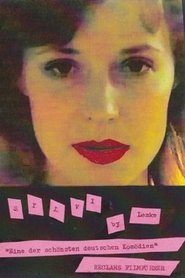 Fashion model Sylvie falls asleep drunk...
Fashion model Sylvie falls asleep drunk...Sylvie 1973
Fashion model Sylvie falls asleep drunk in the cab of Munich taxi driver Paul, and an impossible love affair beckons.
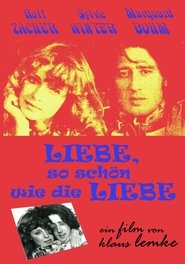 Munich in the 1970s A group...
Munich in the 1970s A group...Liebe, so schön wie Liebe 1972
Munich in the 1970s: A group of young people are killing time. Sylvie has broken up with her boyfriend, and a short time later he marries someone else. The slacker Rolf enters Sylvie's life and together they decide to form a circus group with their friends, mostly untalented petty crooks, and move to the provinces.
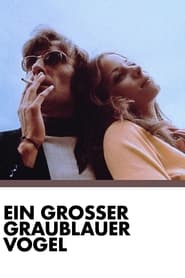 Two rival gangs try to obtain...
Two rival gangs try to obtain...A Big Grey-Blue Bird 1971
Two rival gangs try to obtain the five parts of a dangerous formula held by five scientists.
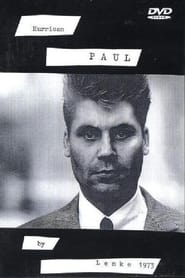 After 7 years spent in jail Paul...
After 7 years spent in jail Paul...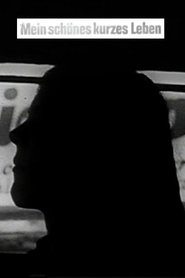 A young drifter falls in love...
A young drifter falls in love...